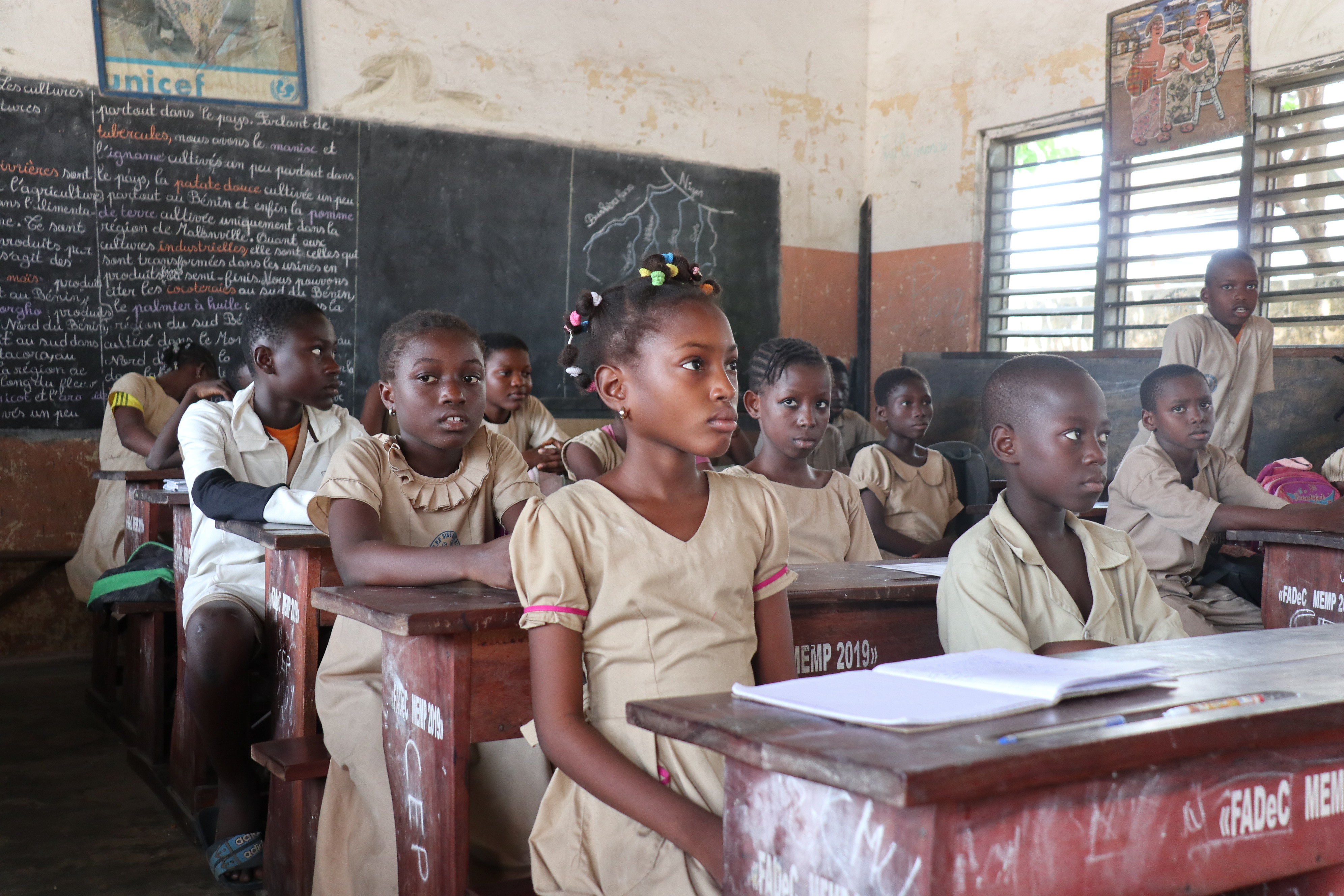Paris, 16 December 2020
Today, the government presented to the Council of Ministers its draft orientation and programming law on solidarity development and the fight against global inequalities. This is a campaign promise by the President that NGOs have been waiting for since the beginning of the five-year term and which has already been postponed several times. The parliamentary review should now allow the text to be strengthened by extending the budgetary programming until 2025 and by providing for the allocation of at least 50 % of ODA to essential social services. The latest version of the text to which our NGOs have had access does not provide sufficient guarantees to place France at the forefront of the international response to the current crisis and the achievement of the Sustainable Development Goals (SDGs) worldwide.
We welcome France's ambition to make the fight against global inequalities a strong foreign policy commitment. This bill, which is intended to guide French development policy for the next five years, will be discussed in Parliament at a time when the HIV-19 pandemic continues to rage. Beyond the dangers linked to the virus, this crisis accentuates inequalities, threatens the progress made over the last thirty years by risking to push half a billion people into poverty or by leading to the rebound of other pandemics.
Even before the crisis, more than half the world's population lacked access to essential health services; 258 million children, adolescents and young people were not in school; 2.2 billion people lacked access to safe drinking water; less than one in five people in low-income countries benefited from social protection measures; and nearly 9% of the world's population suffered from hunger.
Investing massively in the social sectors of health, education, social protection, water and sanitation is more than ever the most effective way to reduce inequalities, particularly gender-related ones, and leave no one behind. In 2019, only 20% of France's development aid went to these sectors. To meet the urgency and ambition of this law, the
France must commit to devote half of its official development assistance to key social sectors and set strong targets to effectively address gender inequalities. Such quantified targets are currently too unambitious or even completely absent from the bill.
Our organisations call for the budgetary programming to be extended and to allow the 50-year objective of an ODA equivalent to 0.7 % of national wealth to be reached as soon as possible and before 2025. This is to make up for the delays in presenting this text and to enable it to place French development cooperation policy on a sustainable footing. As drafted, this bill currently only offers visibility until 2022.
The urgency of the situation requires an immediate strengthening of the content of the law so that France can commit itself fully and effectively to international solidarity. Official development assistance must be increased and directed to best serve its sole purpose: to fight poverty and global inequalities.
Action contre la Faim, Global Health Action, Water Coalition, Education Coalition, ONE, Oxfam, Solidarité Sida






